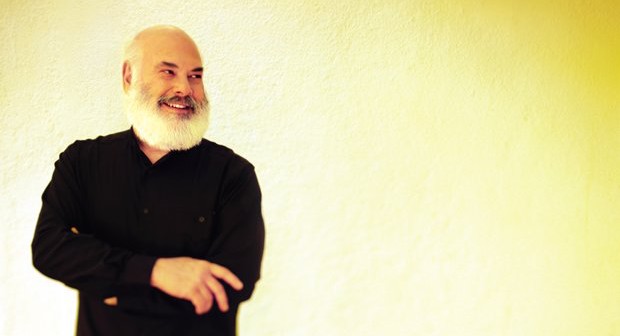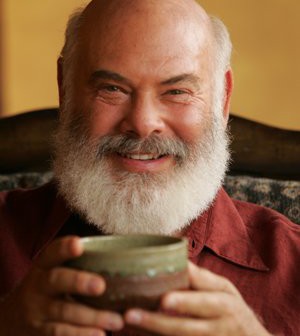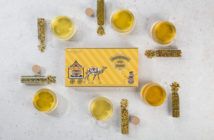This is an excerpt from the November/December issue of Tea Magazine
Dr. Andrew Weil attended the birth of my three children. He visited daily during a nightmarish five-week hospitalization and on a regular basis, when I feel my stress levels rising, he reminds me to breathe.
While Weil and I have only spoken on the phone and never met, I have, like thousands of others, brought the father of integrative medicine into my daily routines through his books, audio recordings, and magazine articles. Bearing titles such as “Spontaneous Healing,” “8 Weeks to Optimum Health,” and “Healthy Aging,” his books have sold more than ten million copies. In 2005 he was named one of Time Magazine’s 100 most influential people in the world. From “Dr. Oz” to “Larry King Live,” from the New York Times to USA Today, the 70-year-old Weil has regularly graced television screens and the printed page for decades. Currently he is the Founder/Director of the Arizona Center for Integrative Medicine at the University of Arizona College of Medicine, where he is also Clinical Professor of Medicine and a Professor of Public Health.
With his bushy white beard, bright eyes and engaging smile, Weil looks like he could have come from Santa Claus central casting. Instead he has become the face, and voice, of the art and science of marrying conventional medical practices with complementary and alternative medicine.
Originally hailing from Pennsylvania where his parents ran a millinery supplies store, he attended Harvard University and earned an A.B. in biology with a specialization in botany. He continued his studies at Harvard Medical School and during his studies he discovered a passion for the healing and medicinal qualities of herbs and other plants. It is, therefore, no surprise that Weil has become a great advocate of tea.
“There is a great deal of research that people who drink tea live longer and have lower risks of heart disease and cancer,” says Weil. “I think there are also psychological and spiritual benefits to tea drinking. There’s a long history of a culture of tea in the Far East that is meditative and reflective that we have not yet cultivated here in American society.”
Weil’s tea experience as a child is a common one in the United States. Tea was seen as something mostly for “sick people and old people.” It was never a good quality tea and it was always made with lemon and a lot of sugar. A journey to Japan in 1959 opened Weil’s eyes to the beauty of a well-prepared cup.





